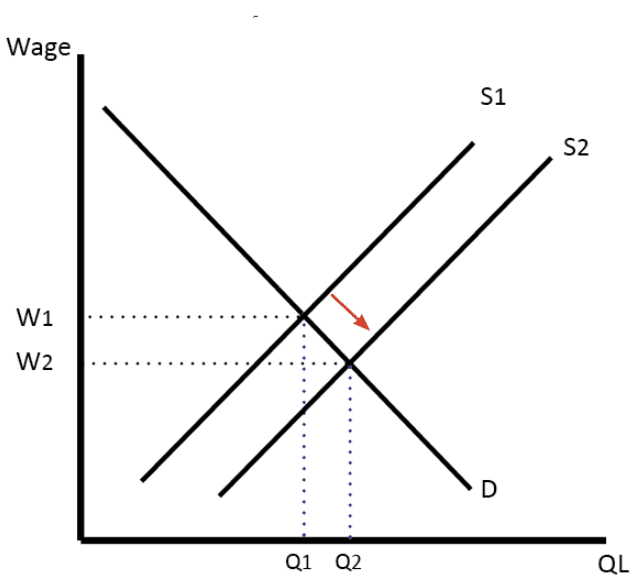Economic defeatism
Economic defeatism is a situation where policy makers accept an economic situation which is well below potential. Another form of defeatism is to see some problems as intractable and concentrate on dealing with side issues. Economic defeatism is contagious because it can set the tone for the whole economy, making it even more difficult to …

